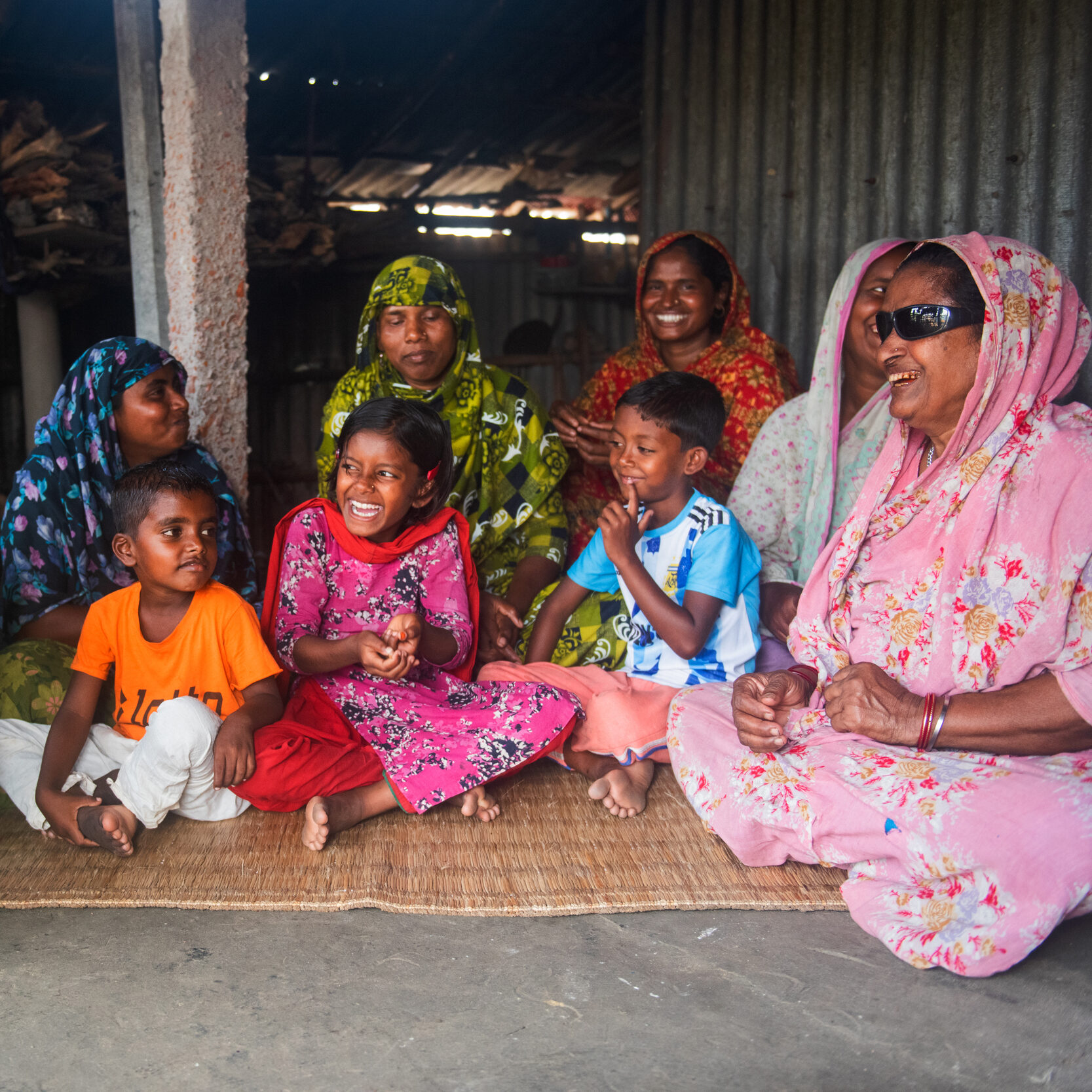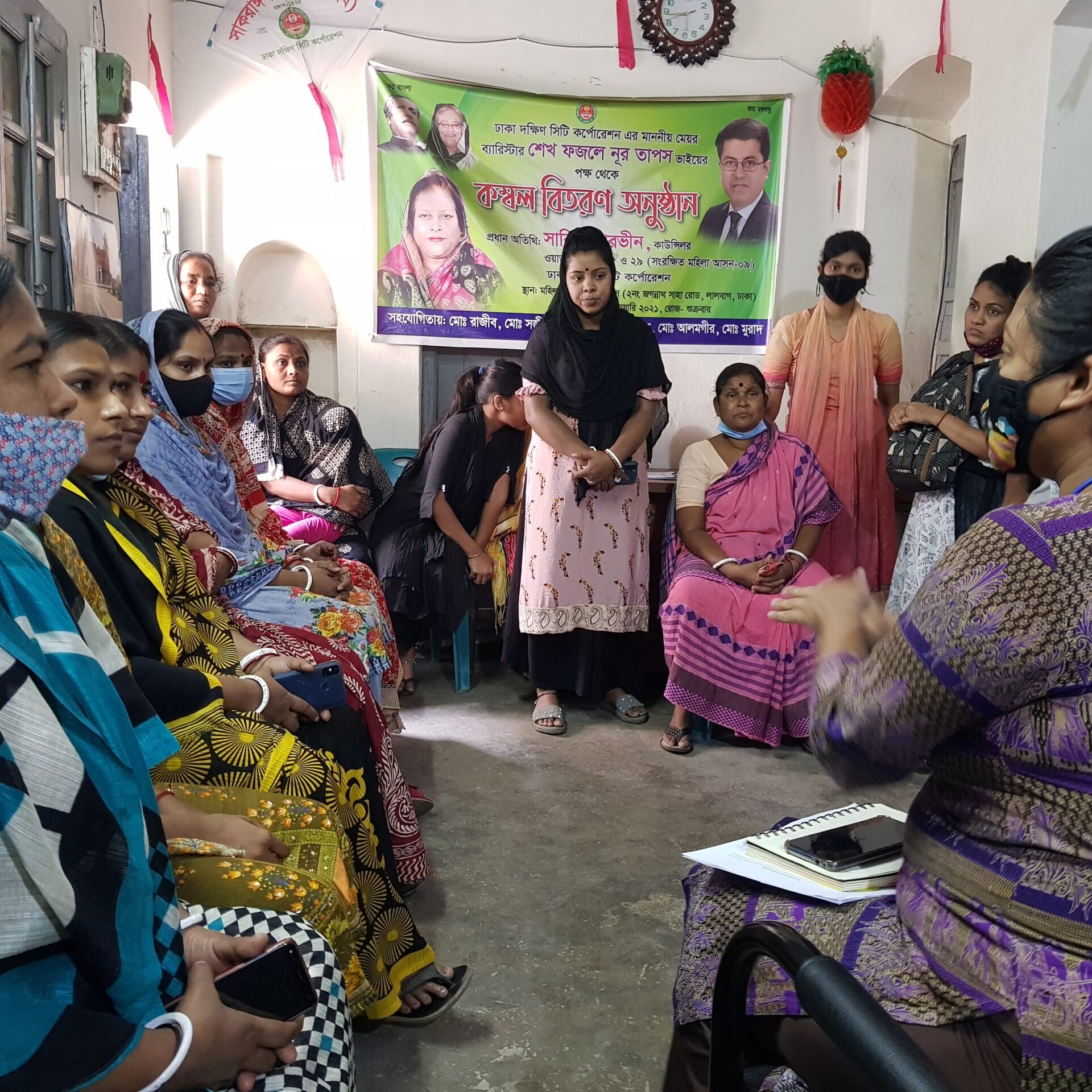
Gender Gap Assessment for Save the Children
Our team identified gendered and social barriers and opportunities for girls and boys, and the exact spaces where discrimination and exclusion presented themselves. Over the course of the analysis, our team presented ways whereby individuals who are systematically oppressed can be empowered.
What we found
While parents are now more aware of the need for girls’ education, the job market is slow to respond to the need of women employees. The dismal nature of the market continues to facilitate systematic oppression and reduced social power of women.
Harvest outcomes of national and district level consultations on 16 days of activism campaign for ActionAid Bangladesh
The study aimed to monitor the progress of ActionAid Bangladesh’s advocacy campaign around sexuality education programmes, and training and advocacy on primary prevention and greater responsiveness towards Gender Based Violence (GBV).
What we found
Duty-bearers and right-holders understand the need for age specific Comprehensive Sexuality Education (CSE) in combatting GBV. This is a very different mindset to the one that prevailed even a few years ago. Projects initiated by development organisations and the Government of Bangladesh have contributed to this change to a large extent.
Study on Dalit Women and Girls: Gender Based Violence and Vulnerability
This study took place in Doyaganj, Lalbagh, and Naryanganj. The team interviewed 84 participants to identify the state of GBV for Dalit women, and the barriers they face in engaging in projects that might empower them.
What we learned
The team learnt of systematic oppression of Dalit women and girls from all spheres of their lives: their family, their community, and the larger community as a whole. Much of the issues they faced stemmed from the abject poverty to which their community are subjected, along with a lack of education, opportunities for employment, and mobility.
The community also face discrimination in all aspects of their lives from members of non-Dalit communities.

Gender, age and inclusion analysis in the families of sponsored children to understand existing inequalities, their underlying reasons and its effects on sponsored children, adolescents, youth and their families for Plan International Bangladesh
For this study, our team examined gender relations in Plan’s Child Sponsorship Programme communities. We examined gender and age-based integration and empowerment in Kurigram, Bhola, and Dhaka in three areas: Sexual and Reproductive Health Rights (SRHR), Skills and Opportunities for Youth Employment and Entrepreneurship (SOYEE), and Child and Youth Leadership.
What we learned
Parents are more likely to encourage their children to pursue educational
opportunities that they did not have. Women and girls in some areas had more decision-making power than before, but this was not evident in all studied areas. Sexual harassment remained a prevalent issue and victims were unable
to find judicial or legal recourse. Leadership of women and girls continue to face backlash from their own communities.